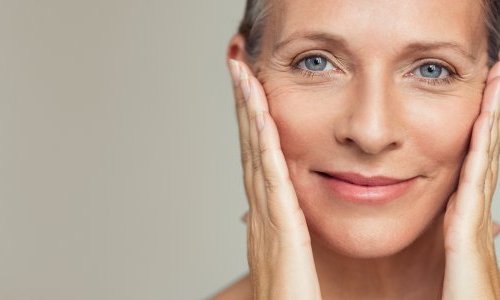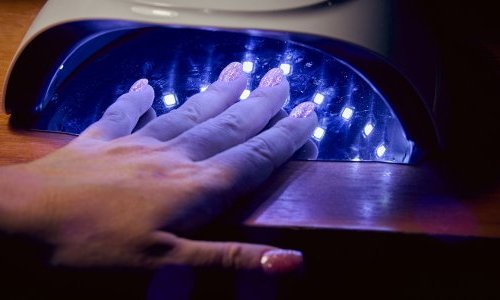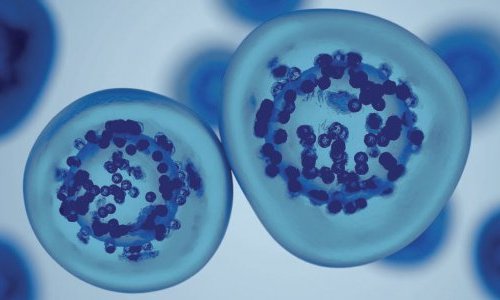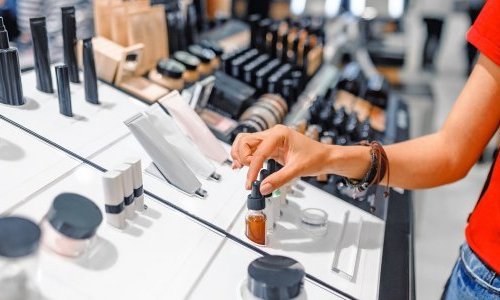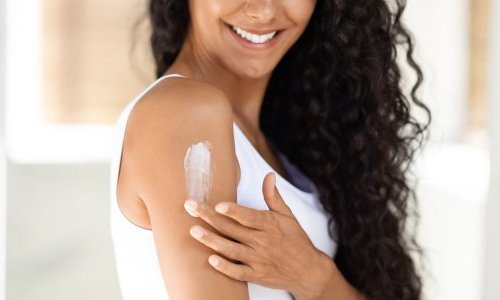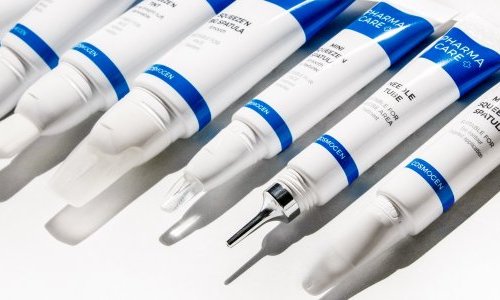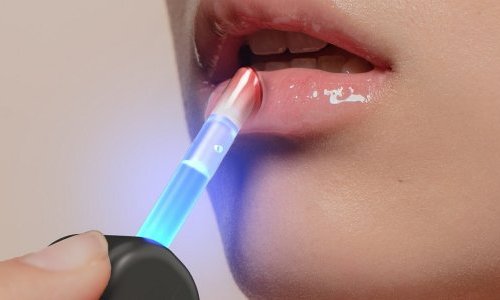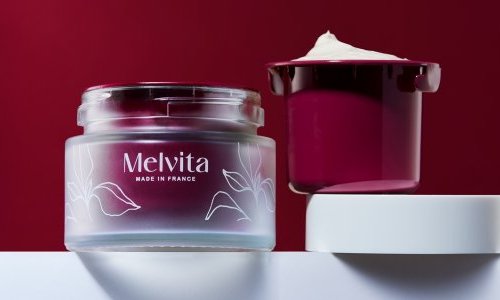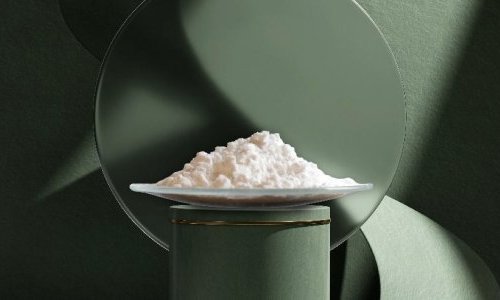The research team led by the Professor Richard Sharpe conducted tests on laboratory rats on which they blocked the action of androgens. The experiments confirmed that if the hormones are blocked, the animals suffer fertility problems. This effect of hormone-blocking substances, the so-called endocrine-disruptors, was already well documented and this research just complements previous findings.
While its research didn’t look specifically at cosmetic products, Professor Richard Sharpe told BBC Scotland’s news website, he would recommend not using perfumes or cosmetics containing chemicals “that we know in higher concentrations have the potential to have biological effects”. Sharpe added there is no evidence that this occurs in humans. But titles in the media left hardly any room to doubts: “Infertility and cancer linked to perfumes,” “Perfumes linked to infertility fear,” or “Women warned not to wear perfume during pregnancy”.
In a release published on its website, the British Cosmetic, Toiletry and Perfumery Association (CTPA) said: “It is not surprising that feeding large doses of substances to animals will produce negative effects. However, the important fact is that in normal cosmetic use, people are exposed to very low levels of these substances.”
The trade body also recalled that issues linked to endocrine disruptors are not new and have already been thoroughly investigated by scientists - both within the cosmetics industry and by independent scientific committees.
Once again, "scare story" journalism was sharply criticized. Thus, Susan Seenan from Infertility Network UK commented ”I would be very concerned about alarming women until these tests have been done on humans”.

